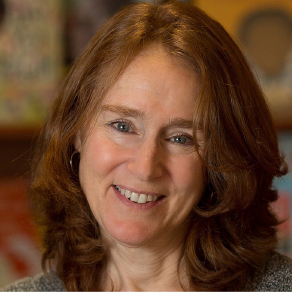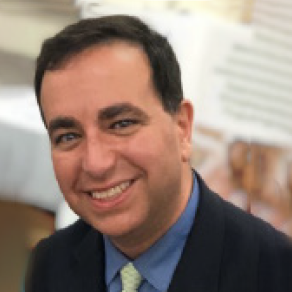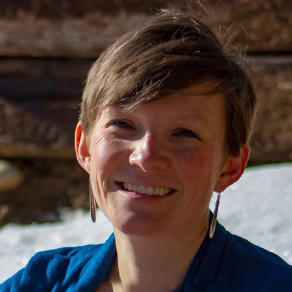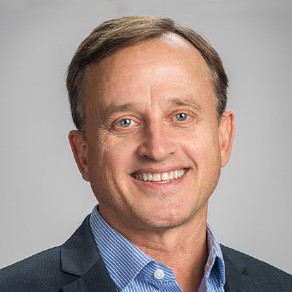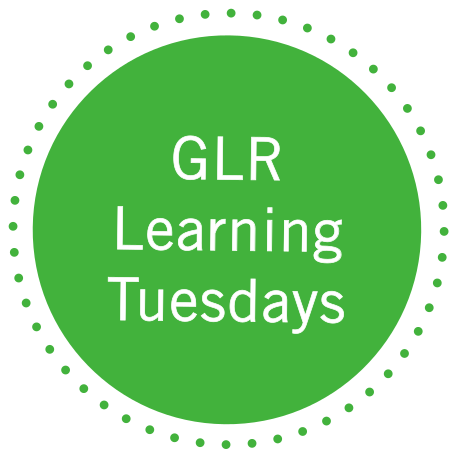
- This event has passed.
Family Resource Centers: A Key to Supported Families and Thriving Communities

In May 11, 2021 GLR Learning Tuesdays webinar, panelists shared the valuable and often unheralded work of “America’s best kept secret”: Family Resource Centers (FRCs). More than 3,000 community-based and school-based FRCs support families in urban and rural communities in 31 states and the District of Columbia. In the past year, they have served as an especially vital resource to families and communities coping with the challenges of COVID. As a result, FRCs are emerging from under the radar, with significant new investments in expanding and scaling them.
In the webinar, panelists examined FRCs from the local, state and national levels. Andrew Russo, Co-Founder and Director of the National Family Support Network, shared the what, where, why and how of FRCs. He emphasized that each FRC is unique — of, by and for the community, and responsive and customized to the concerns, needs and opportunities of the community it serves. He noted that the most common service areas that FRCs address are parenting support and access to resources. He shared compelling data about the cost-effectiveness of FRCs. And he spoke about the ways FRCs support families to strengthen their protective factors, especially important given the isolation families have faced over the past year.
Cory Gorton, Program Manager of the Community Partnership Family Resource Center in Teller County, Colorado, gave an overview of the wide array of programs and services that the Community Partnership FRC offers to its rural community. She spoke in particular of the role of playgroups and Parents as Teachers in supporting school readiness. She shared the essential role of partnerships in all of her FRC’s work, especially salient during COVID, and the many new ways that Community Partnership FRC innovated to support families during a fragile year.
Angela Pool, a grandmother of two preschoolers in Teller County, shared her perspective as a very engaged participant in the Community Partnership FRC. Pool, who holds several leadership roles with the FRC, shared how hard it has been to raise her grandchildren, especially during the past year; and she spoke of how she does not believe she could have done this work without the support of Community Partnership FRC, noting especially the playgroups as a tool to help combat the isolation.
Next, Mark Kling spoke about his work as Executive Director of the Family Resource Center Association, a network of 32 Family Resource Centers across Colorado. He shared his Association’s role in supporting the FRCs in the network, and the support it provides in helping FRCs transform often disparate, misaligned services into a coordinated, one-stop location to help families access services to achieve long-term stability. He highlighted the specific tools, training and evaluation that the FRC Association provides to its members, ensuring a high-quality experience for families and communities across Colorado.
Andrew Russo wrapped up the session with a reflection on the rapid growth of FRC networks since the National Family Support Network was founded a decade ago.
Panel
